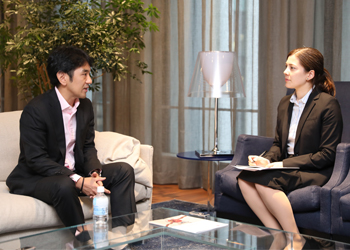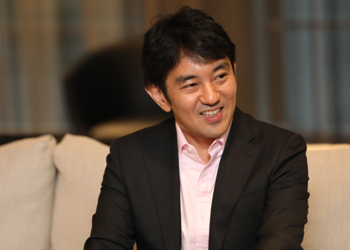Abigail Grace: I have been so encouraged by a lot of the more forward-leaning roles Japan has been willing to take recently. The Comprehensive and Progressive Agreement for Trans-Pacific Partnership (CPTPP) is the best example where Japan sort of picked up the pieces and said that they still believed in high quality multilateral free trade agreements and that they were willing to push forward with it. The fact is that America will always be, to some extent, both paralyzed and enabled by its very global role, but countries like Japan have an opportunity to step in and really be unafraid to be leaders in their own right. I think that's a good thing for the U.S. when there are these countries that have shared values, shared goals, objectives, strategic alignment, and are willing to work together.
Dr. Kei Koga: Considering the size of Japan's economy and the size of the country, Japan is not big enough to match the United States and China, so Southeast Asian countries don't expect Japan to play the same role that the United States has played. But for now, because of the uncertainty of U.S. foreign policy under the Trump administration, I think Japan is increasingly seen as a reliable partner. Southeast Asian countries can rely on Japan for development projects, a free trade scheme, and political legitimacy of multilateralism in East Asia. Japan may fall short of so-called "real leadership" in terms of material capabilities, but I think Japan is the credible second best option for Southeast Asian countries.


